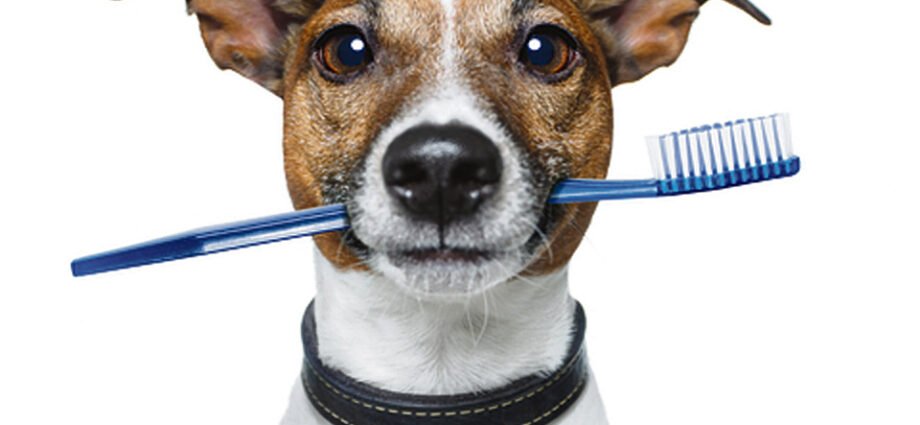Our pets’ mouths deserve all our attention. Choosing the right food, brushing the teeth, scaling… here are some tips to ensure the oral health of your dog, which, and this is not negligible, will also ensure the comfort… of the smell of his masters.
Get the dog used to it from an early age.
Puppies generally arrive at home with their milk teeth. These teeth fall out between 4 and 5 months and are replaced by permanent teeth, which will last the whole life of the animal and do not grow back. Tartar is deposited as time goes by. Unfortunately, if you wait for plaque to appear before worrying about it, it is likely that your dog will be less cooperative the day it is necessary to intervene than if you have accustomed him to certain gestures since he was young.
Brushing to limit deposits
Feeding your dog kibble allows him to rub the enamel daily, which will automatically reduce tartar deposits. However, this advice remains illusory for gluttons, i.e. those of our animals who swallow without chewing.
The best thing to do is to brush your pet’s teeth with a toothbrush or a finger bowl and a suitable toothpaste, 2 to 3 times a week. Chewing and nibbling on hard toys are also proven techniques. Deer antlers, which are natural and very resistant, also allow for regular and effective maintenance. There is a wide range of chew treats for dogs and there should be something for everyone on the market.
On the other hand, tennis balls, which are popular with some canines, are actually too hard and will file down teeth rather than rub their faces.
The use of food supplements
Several presentations exist, proposing food supplements based on algae extracts or enzymes. These supplements are to be put on your dog’s kibble bowl (or water bowl) every day. By weakening the dental plaque, they facilitate its spontaneous removal when the animal chews.
Don’t wait for scaling
There is no age rule to consider scaling your dog. The pH of the saliva and the sensitivity of each animal influence the speed of tartar deposit. Scaling should be performed by your veterinarian as soon as plaque appears. It is a simple act, but it will require sedation of the animal. Although it is not painful, scaling is still impressive and it is easy to understand that a dog does not remain motionless for the duration of the procedure.
In summary, the guarantee of a healthy mouth for our companions is based above all on the vigilance of their masters and the quality of the care provided.


